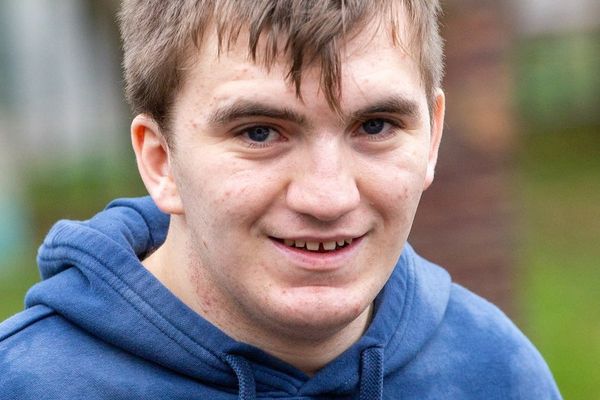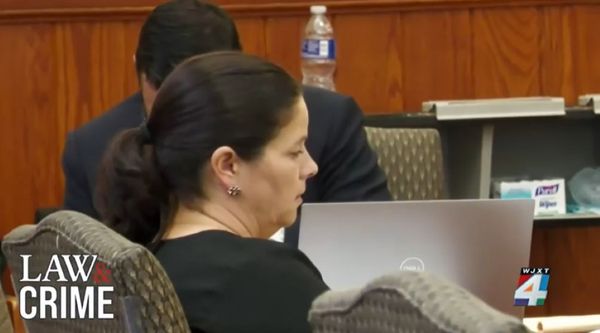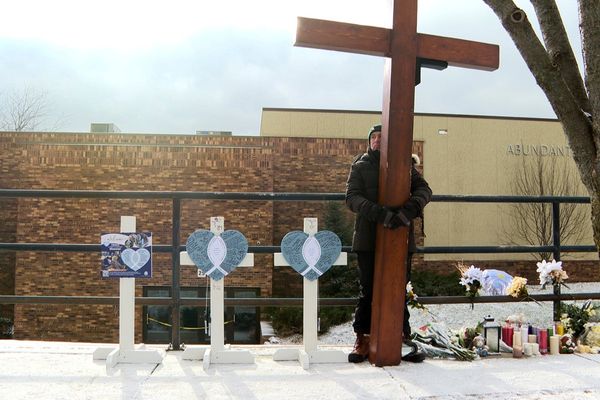
Dili (East Timor) (AFP) - Nobel laureate Jose Ramos-Horta has taken a dominant lead in East Timor's presidential election held over the weekend but failed to secure a majority, officials said, leaving Southeast Asia's youngest country on course for a second round of voting.
The 72-year-old revolutionary hero won 46.58 percent of the vote against 22.16 percent for incumbent president and former guerrilla fighter Francisco "Lu-Olo" Guterres, a preliminary ballot count showed Monday.
With all votes counted, they must now be verified and validated by the country's election commission before the final results are announced, top election official Acilino Manuel Branco said in televised remarks.
If confirmed that no candidate secured a majority, a second round will be held on April 19 and the winner will take office on May 20 -- East Timor's 20th anniversary of independence from Indonesia, which occupied the former Portuguese colony for 24 years.
Voters headed to the polls on Saturday to choose from 16 candidates for the five-year term in what is the most competitive election in the country's history.
Major political events in East Timor have often been marred by violence and conflict, but observers said the vote passed without incident.
"Timor-Leste held credible, transparent, and peaceful elections," said Domenec Ruiz Devesa, chief observer of the European Union Election Observation Mission, in a press release.
Ramos-Horta, who was awarded the Nobel Peace Prize in 1996 for his efforts towards a peaceful solution to the conflict in East Timor, led the country from 2007 to 2012 but came out of retirement to challenge Guterres.
Political tensions between the country's two main parties -- Guterres' Revolutionary Front for an Independent East Timor (Fretilin) and Ramos-Horta's National Congress of the Reconstruction of Timor-Leste (CNRT) -- have risen in the past four years.
It has led to a political deadlock that has seen the government fail to pass budgets for several years, economically paralysing the mostly rural country of 1.3 million people already hard-hit by the coronavirus pandemic.







